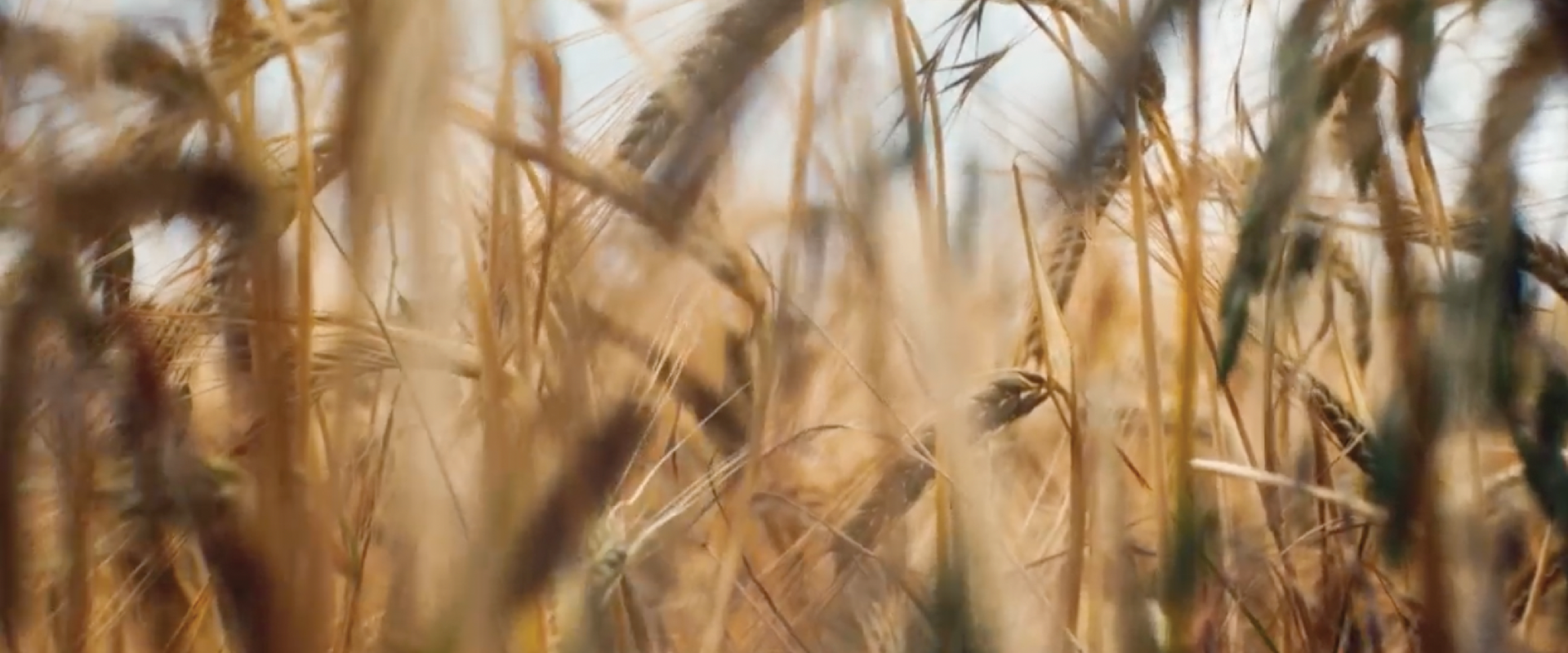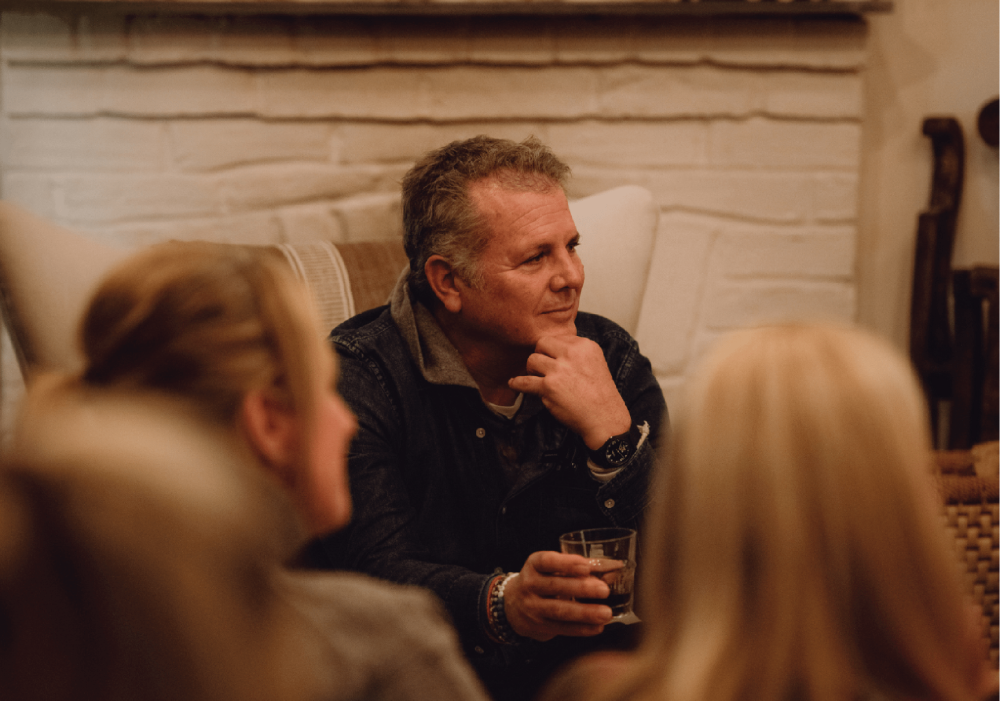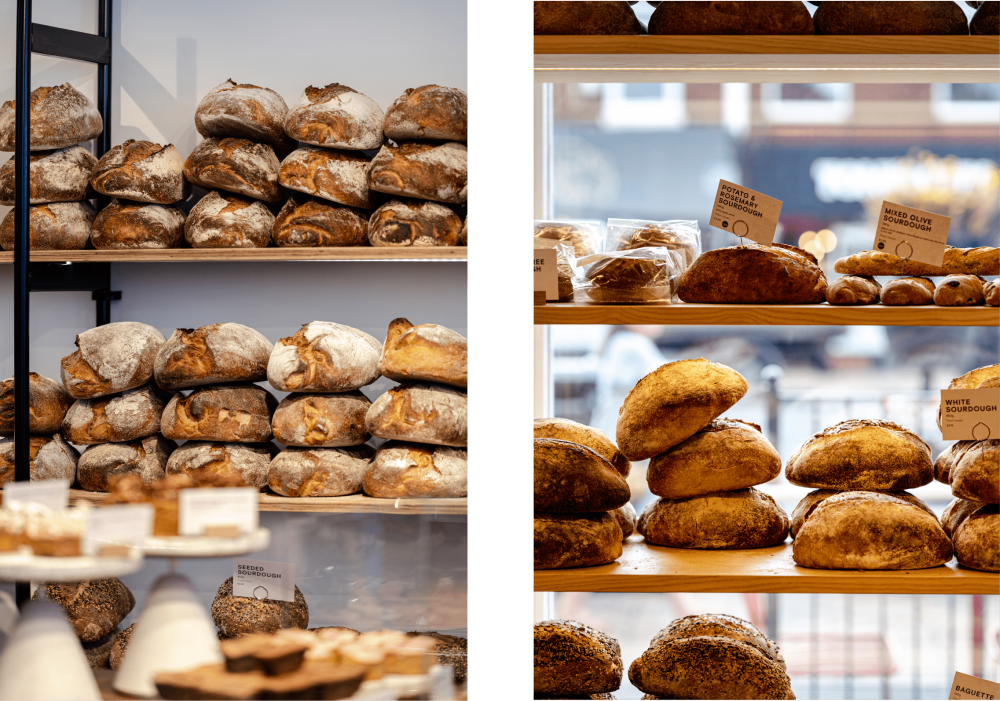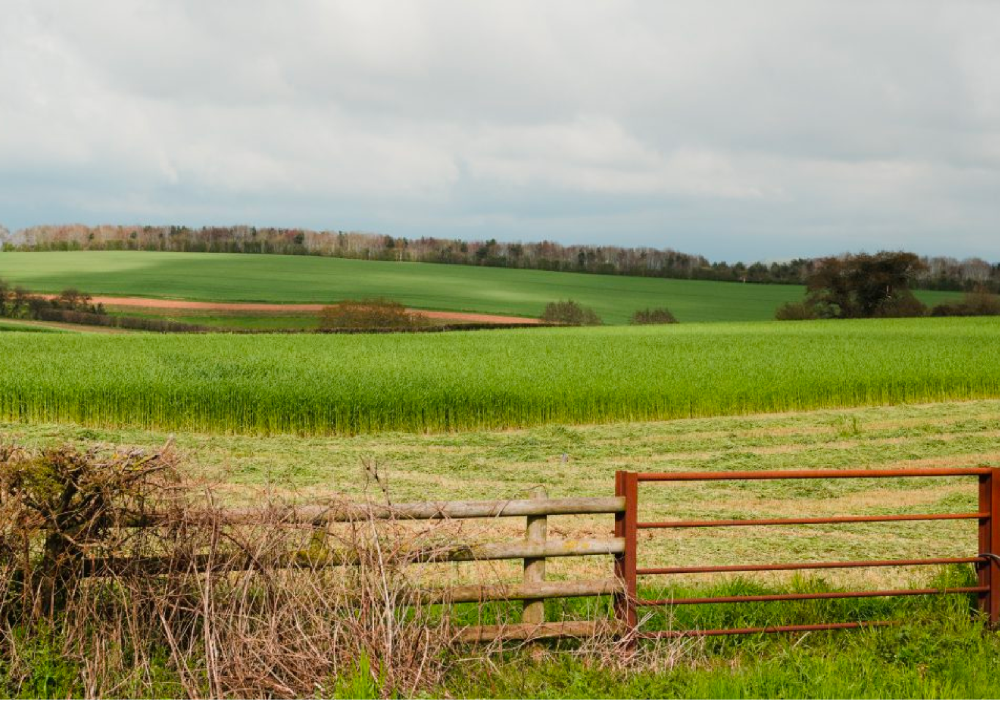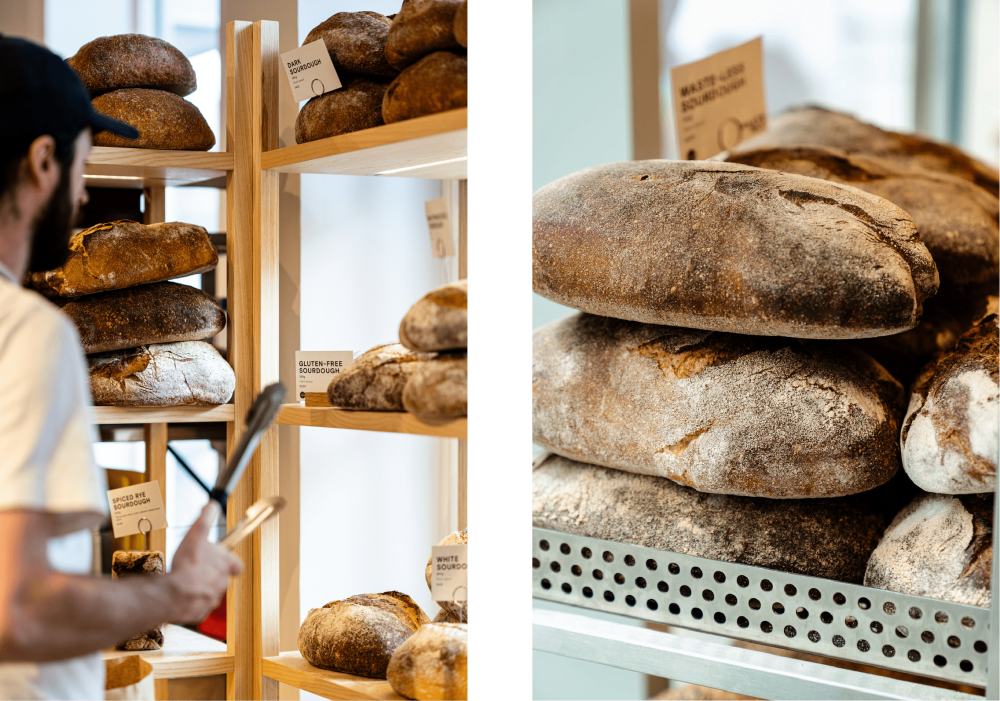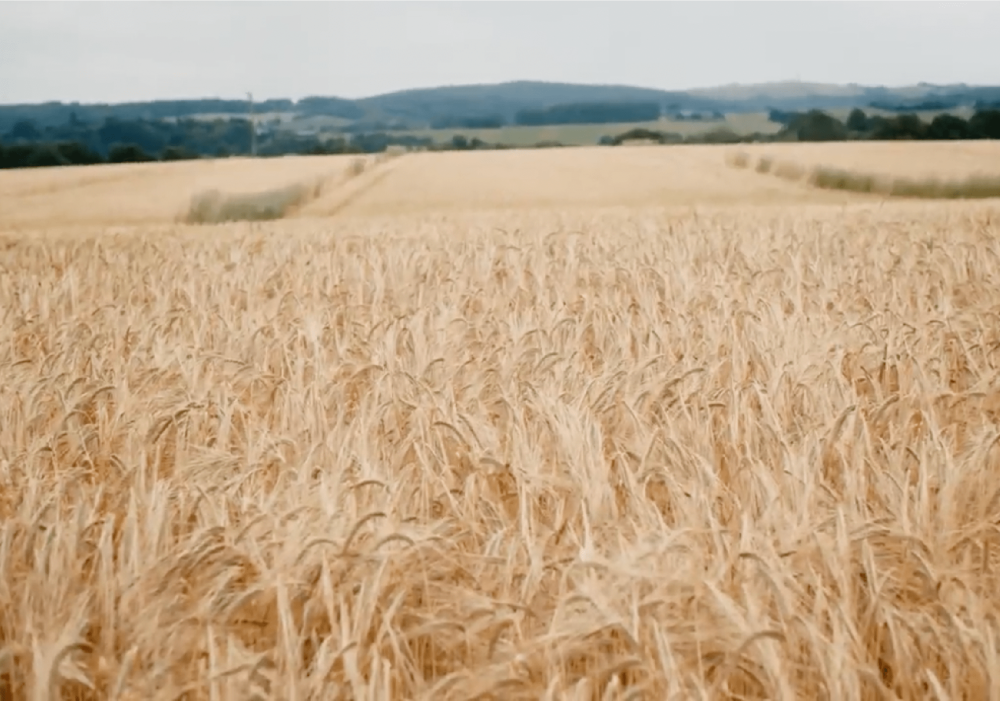“Like most of the ideas at GAIL’s, it started with the bakers.”
The world of craft baking is an exciting place to be. In a culture that is increasingly interested in understanding where food comes from, and with recent advances to the scientific understanding of healthy agriculture, we bakers have an opportunity to meaningfully support farming that improves soil health, crop resilience, grain nutrition and, ultimately, results in more flavourful bread for our customers.
We have long believed that the best bread is a culmination of a farmer, a miller, and a baker working together. Our latest initiative to emerge from this belief is the Wheat Project, which began with conversations with our millers, especially John Lister from Shipton Mill, about how we can support nature-focused farmers to do better, and more.
Today, we are pleased to share the prologue to an ongoing story that will capture the project from the perspective of all involved as the seasons pass and the wheat grows taller, from farmer to miller to baker. But we begin with Tom Molnar, our co-founder and CEO, to tell the story of what role the entrepreneur has in making changes to shift the food system towards a better future.
Tom Molnar, our co-founder and CEO, at a recent evening we held with our partners at Natoora, where we discussed how collaboration is key to better impacting the food system.
Tom: “Like most of the ideas at GAIL’s, it started with the bakers – they are the greatest source of ideas I can tap into and always have been. They are deeply curious in their desire to bake the best bread in the world, and that extends to knowing how the grains that make their flours are farmed.
“To me, the point of business is to find a way to improve something, to work on something that makes our world a bit better. At GAIL’s we do that by listening to what the bakers want to improve. About 18 months ago, initiated by Anomarel Ogen, our Executive Master Baker, we began conversations with our millers, who connected us to 10 nature-led farmers doing good things with their soils and improving biodiversity on their land.
“The challenge those farmers face is that the system doesn’t always value their efforts. We said, ‘We want to bake with the best flour we can; tell us what that means to you and what you need from us to make it a reality.’
“We accept that it’s difficult – there’s no getting around that”
“Farming in the way they do is not entirely predictable, so they need someone who can live with a degree of uncertainty around how much they will produce and what the exact specifications of the flour will be.
“We can manage that. Our business works with nature in seasonal cycles, so we have a flexible buying system and a production process that can handle complexity.
“We accept that it’s difficult – there’s no getting around that – but we do it because adapting to what nature provides is part of improving the food system. Imagine if the supermarkets could live with apples that weren’t all perfectly round!
“You can’t do any of this without relationships built on trust. Contracts create efficiency, but relationships give you quality and traceability. When we get to know the people who grow our food and build trust with them, we put humanity into the supply chain. When we understand the efforts of the farmers looking after their soil, we develop a deeper appreciation of value and quality, which we can then share with our customers.
“Something true in food, but I think it’s true across most businesses, is a problem I call the limit of focus. Focus is great because you need to build expertise, but if focus leads to an inability to communicate with people around you, understanding disappears. With good food, you get the best results when you think about the whole supply chain and get people talking to each other because everyone must take their duty of care seriously.
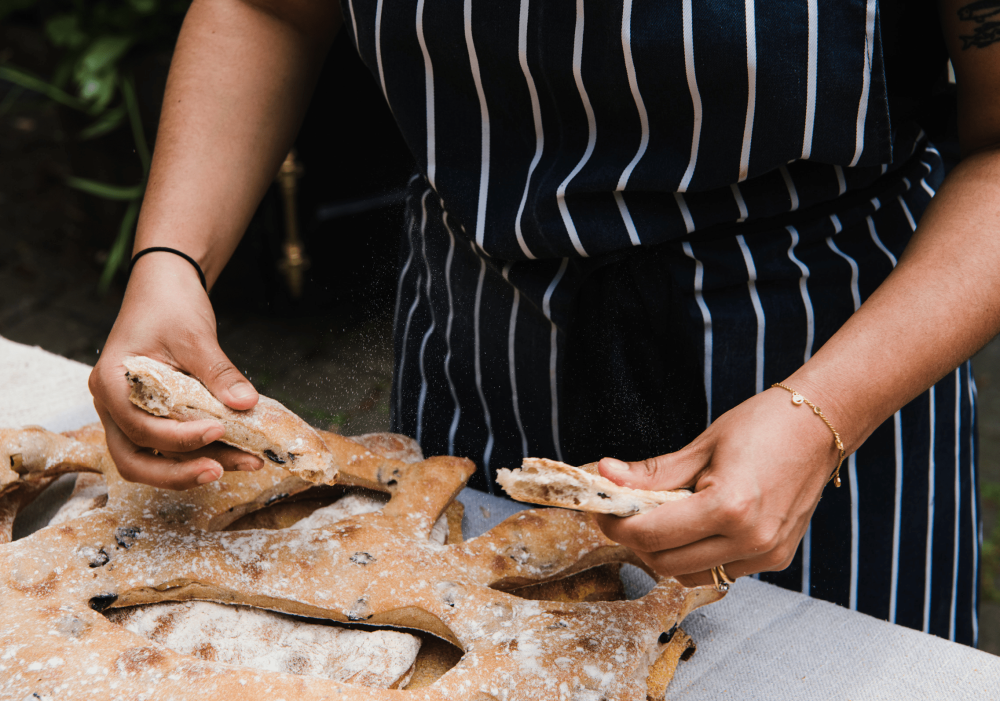
The bread made from wheat grown in the project will be sustainable and traceable. We will be increasing the diversity of wheat and the amount of whole grains in our formulas, producing flavourful, nutritious loaves.
“You can’t do any of this without relationships built on trust.”
“It’s a change to the status quo, but it’s needed, and this is where I return to what an entrepreneur is for: to grow a healthy business around a constant search for ways to do things better. And if the returns from that go to people making meaningful changes, then I think that’s the right way to allocate resources better.
“I work on the assumption that humanity wants to be better. No one has a universal definition of what that means, but I think a business leader has to say, ‘This is what I believe the world needs, and here’s how I am going to improve things’.
“At GAIL’s we think the food system should and can change, and we have an idea about what role we can play in that. This year, as we embark on this project, we will undoubtedly learn how to do that better, and hopefully to do more of it. This is evolution, not a cliff-edge.
“We’re not leading that evolution – we’re helping to lead. We’re in a complex system that needs good people across the board, and there needs to be examples of how things can be better. This is one of those.”
Follow the journey of our wheat project, from the fields of soil health-focused farms through to flavourful, nutritious loaves, by subscribing to our emails and receiving stories to your inbox.
